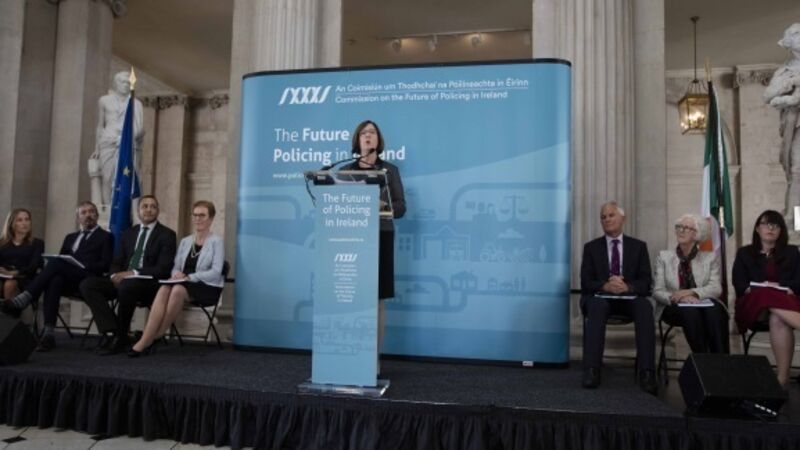Report calls for suite of changes in policing

The Future of Policing in Ireland report has thrown up a range of ‘issues’ that could see proposals get stuck or even sink in the resultant quagmire, says
As people get to read the Policing Commission’s report and start to digest its contents, obvious ‘issues’ are going to jump out. And issues in the world of policing reform can mutate into a quagmire, where proposals may get stuck or sink.
















